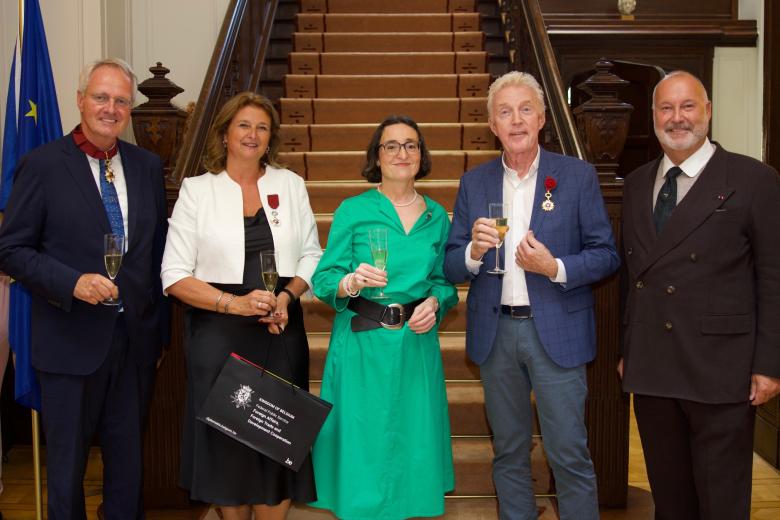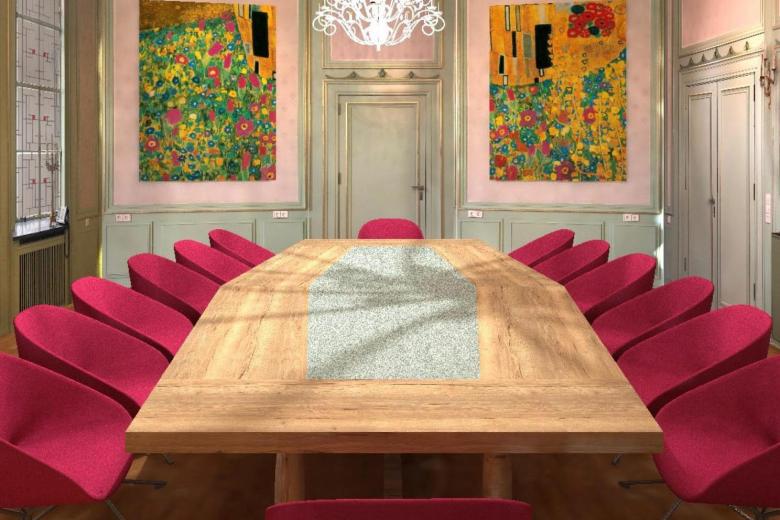Legislative change needed to prevent 'marital captivicty'
A legislative change is needed to prevent 'marital captivity', says attorney Pauline Kruiniger of Maastricht University (UM) in a final report published this week on the MARICAP study titled Niet langer geketend aan het huwelijk ('Breaking the chains of marriage'). In this study, Kruiniger investigated resources and tools in Dutch law that could help to prevent or to even terminate forced mariage. In addition to introducing a legislative change, more attention should be paid to establishing agreements about religious divorce in the marriage contract.
Legislative change
In the Netherlands, an estimated 450 to 1,700 men and women are trapped in a religious marriage against their will. They do not have the freedom to enter into new relationships or make decisions about their lives. At the moment, there is very little the Dutch courts can do for these people. According to Kruiniger, a legislative amendment should be introduced that requires partners to cooperate with a religious divorce. 'It would be even better if partners made agreements in the marriage contract that would require them to cooperate fully in dissolving the religious marriage if the civil marriage or relationship ends,' says Kruiniger. 'If this is agreed in the marriage contract, at the very least the husband or wife seeking divorce has a written document to take to the court should the partner refuse to cooperate.'
Religion
In her study, the Maastricht attorney examined the specific situation in which someone remains married against his or her will because the religious doctrine does not condone divorce. In some religions, like Catholicism, divorce is not an option. In other religions, divorce is strongly discouraged and if condoned at all, there are strict rules that require the cooperation of the partner. If the partner refuses, the religious marriage cannot be dissolved. 'This problem can be seen in all religions,' says Kruiniger. 'Catholicism, Protestantism, Judaism, Hinduism and Islam. And it doesn't only affect women; men can become trapped in a forced marriage as well.' The threshold to go to court is relatively high at the moment, as many victims fear it will escalate the situation. 'Victims of 'marital captivity' should be better informed of the protective measures in place to ensure their safety,' says Kruiniger. 'As it stands now, many fear for their own safety or the safety of their children. Partly for this reason, there has never been a conviction for 'marital captivity' since it was made punishable by law in 2013.'
Also read
-
Professor Anouk Bollen-Vandenboorn appointed Knight in the Order of the Crown
Prof. Dr Anouk Bollen-Vandenboorn, Director of the Institute for Transnational and Euregional cross border cooperation and Mobility (ITEM) at the Faculty of Law, Maastricht University, was appointed Knight in the Order of the Crown on 3 July, during a formal ceremony at the Belgian Embassy in The...

-
ITEM continues: Advancing cross-border cooperation and impact
ITEM enters new phase within UM Faculty of Law from 2025.

-
IGIR seminar series
The IGIR seminar series will be launched after the Summer break. Our aim is to offer a nice and friendly environment for staff members and visiting researchers to present their ongoing research.
